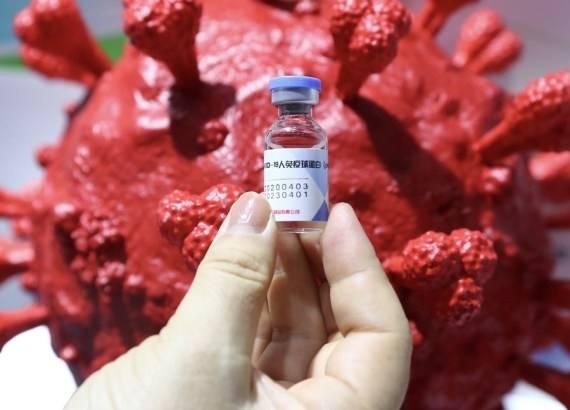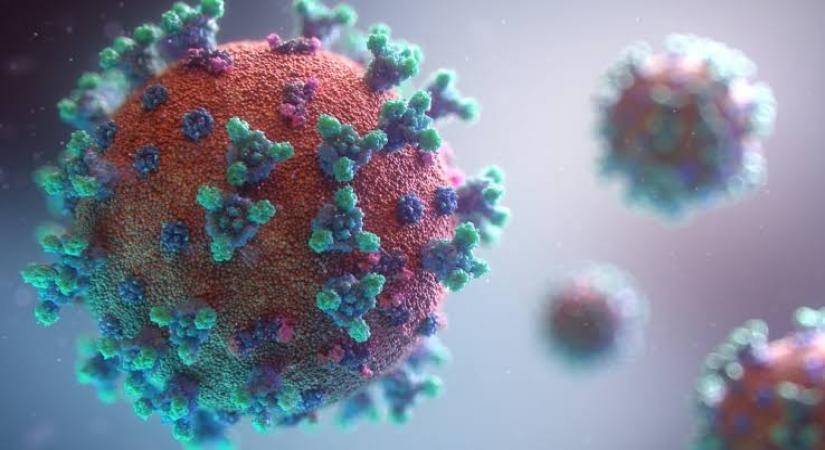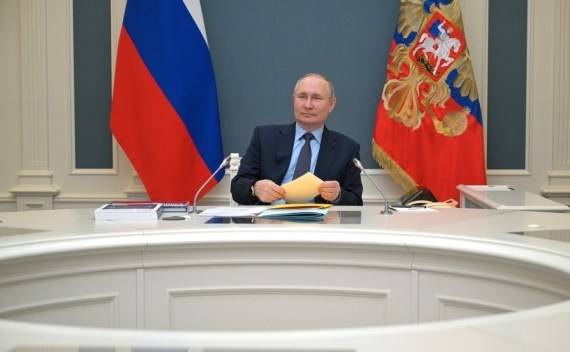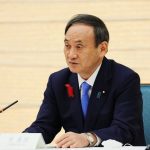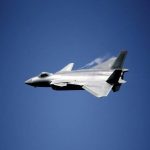Once the Bangladesh newspapers disclosed the vaccine price, it became an issue in Sri Lanka, which is supposedly paying US $15 per dose for the same vaccine….reports Rahul Kumar
China pricing its Sinopharm vaccine differently for its different partners in South Asia has raised a ruckus. Allegations that Bangladesh is paying US $10 per dose while Sri Lanka is paying US $15 per dose for the Sinopharm vaccine has sparked a debate in both the countries.
In a news report, Bangladesh newspaper, The Daily Star, said that Bangladesh is buying 1.5 crore doses of Sinopharm’s Covid-19 vaccine, which has been approved by the cabinet committee on government purchase. The newspaper added: “Immediately after the meeting, chaired by Finance Minister AHM Mustafa Kamal, a Cabinet Division official told reporters at a briefing that they were purchasing the vaccine at $10 per dose.”
Once the Bangladesh newspapers disclosed the vaccine price, it became an issue in Sri Lanka, which is supposedly paying US $15 per dose for the same vaccine.
Interestingly, the pricing of the vaccine has now become an issue in Bangladesh as well. Once the news reports were out about the pricing and the quantity in Bangladesh, the Finance Ministry had to send out a text message to reporters requesting them not to mention the price in the “greater interest of the country”.

Also, Bangladesh Health Minister Zahid Maleque declined to disclose the price of the vaccine. He said: “As the purchase committee has approved the proposal, we hope that the procurement agreement between the two countries will be signed very soon”.
On the other hand, Sri Lankan newspaper Daily Mirror quoted Professor Channa Jayasumana, State Minister for Production, Supply and Regulation of Pharmaceuticals that there is no such agreement between China and Bangladesh to give the vaccine at $10 to Bangladesh. He added that the procurement agreement for Bangladesh is still under discussion.
ALSO READ: China transformed into a full-fledged Surveillance State during Covid
Providing a price comparison between vaccines that Sri Lanka has bought till now, the newspaper said: “A stock of 20 million of China’s Sinopharm vaccines is expected to arrive in Sri Lanka next month. It is reported that Sri Lanka has purchased one dose of the vaccines for $15. However, Sri Lanka is reported to have purchased one dose of AstraZeneca vaccine for $5.50.”
The Sri Lankan government too had to fire-fight the controversy over vaccine prices.
Dr Asela Gunawardena, Sri Lanka’s DG of Health Services rose to defend the government, saying that the country had obtained the Sinopharm vaccines at the minimum cost. He said: “The prices of COVID-19 vaccines range from US $18-$40. The prices are subject to changes due to numerous reasons”.
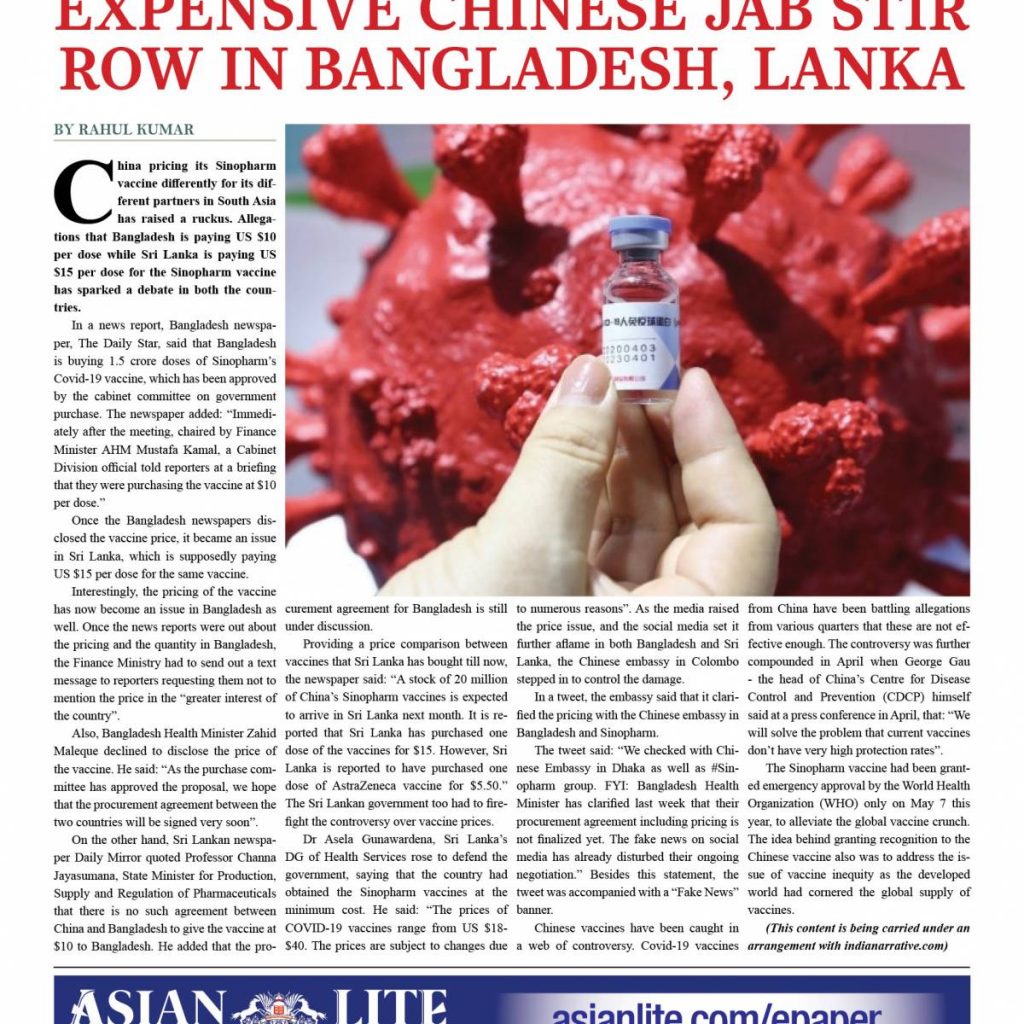
As the media raised the price issue, and the social media set it further aflame in both Bangladesh and Sri Lanka, the Chinese embassy in Colombo stepped in to control the damage.
In a tweet, the embassy said that it clarified the pricing with the Chinese embassy in Bangladesh and Sinopharm. The tweet said: “We checked with Chinese Embassy in Dhaka as well as #Sinopharm group. FYI: Bangladesh Health Minister has clarified last week that their procurement agreement including pricing is not finalized yet. The fake news on social media has already disturbed their ongoing negotiation.” Besides this statement, the tweet was accompanied with a “Fake News” banner.
Chinese vaccines have been caught in a web of controversy. Covid-19 vaccines from China have been battling allegations from various quarters that these are not effective enough. The controversy was further compounded in April when George Gau – the head of China’s Centre for Disease Control and Prevention (CDCP) himself said at a press conference in April, that: “We will solve the problem that current vaccines don’t have very high protection rates”.
The Sinopharm vaccine had been granted emergency approval by the World Health Organization (WHO) only on May 7 this year, to alleviate the global vaccine crunch. The idea behind granting recognition to the Chinese vaccine also was to address the issue of vaccine inequity as the developed world had cornered the global supply of vaccines.
(This content is being carried under an arrangement with indianarrative.com)
ALSO READ: Hasina vows to build a ‘Golden Bangladesh’

